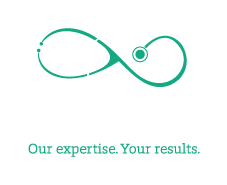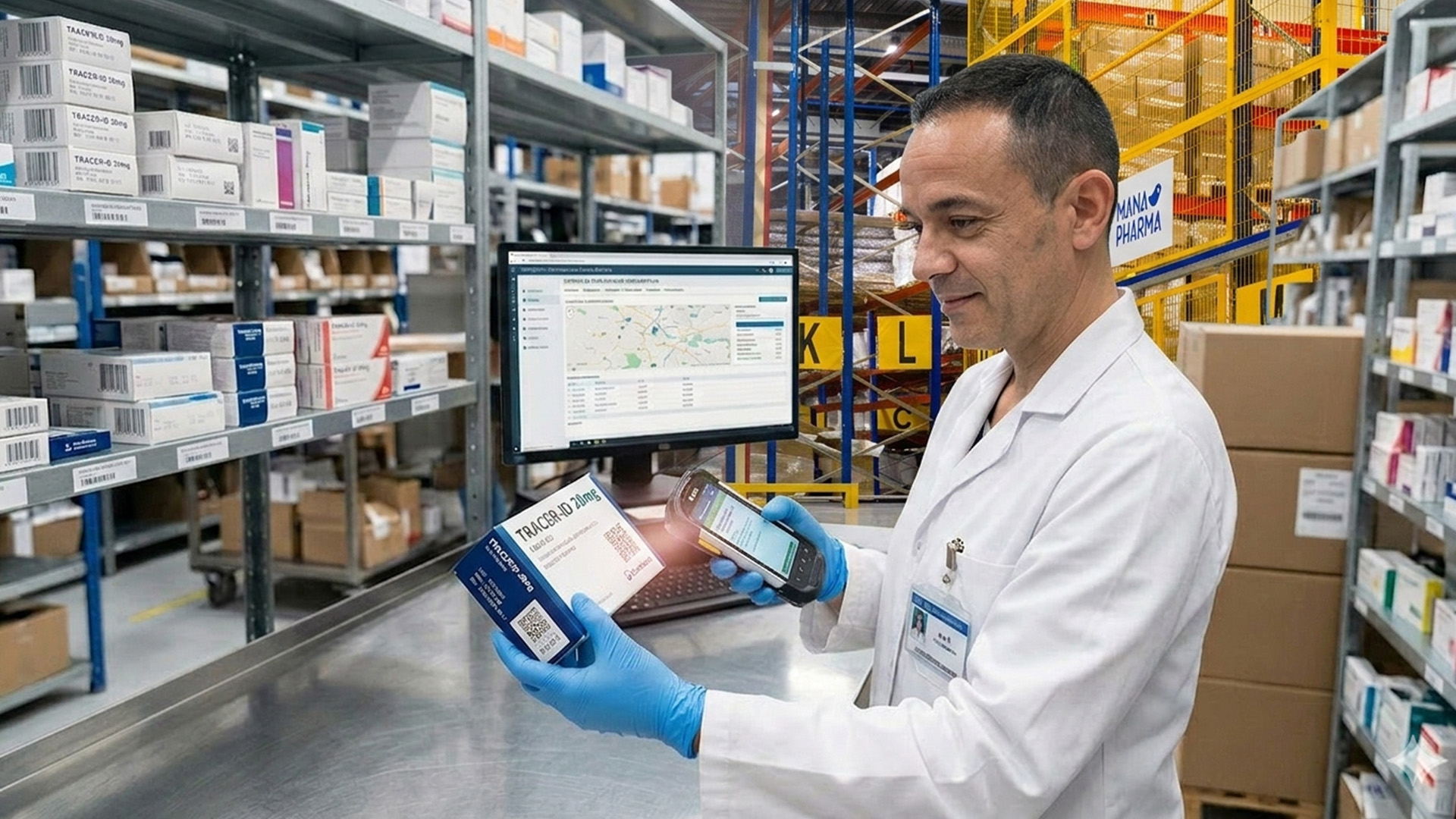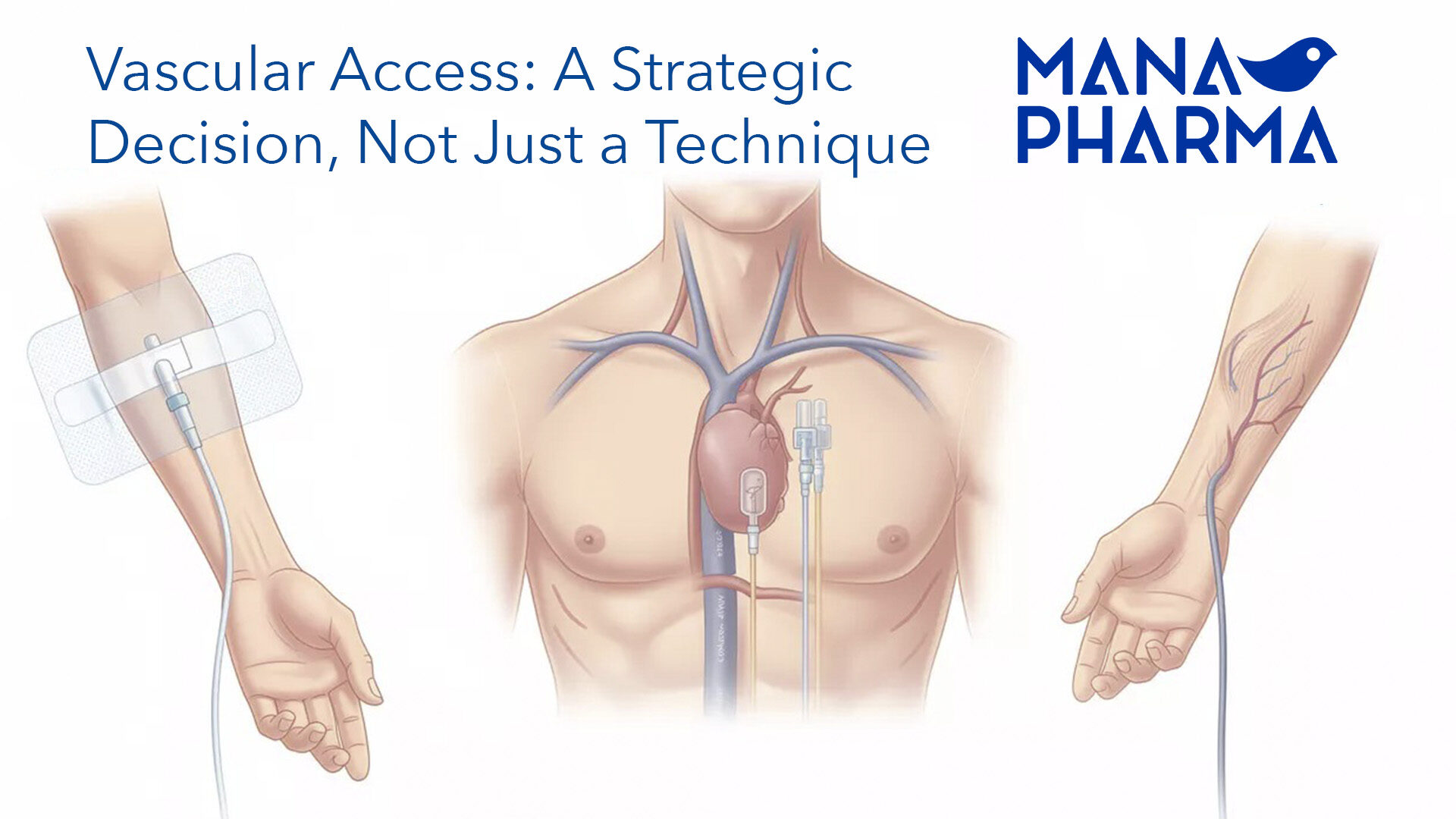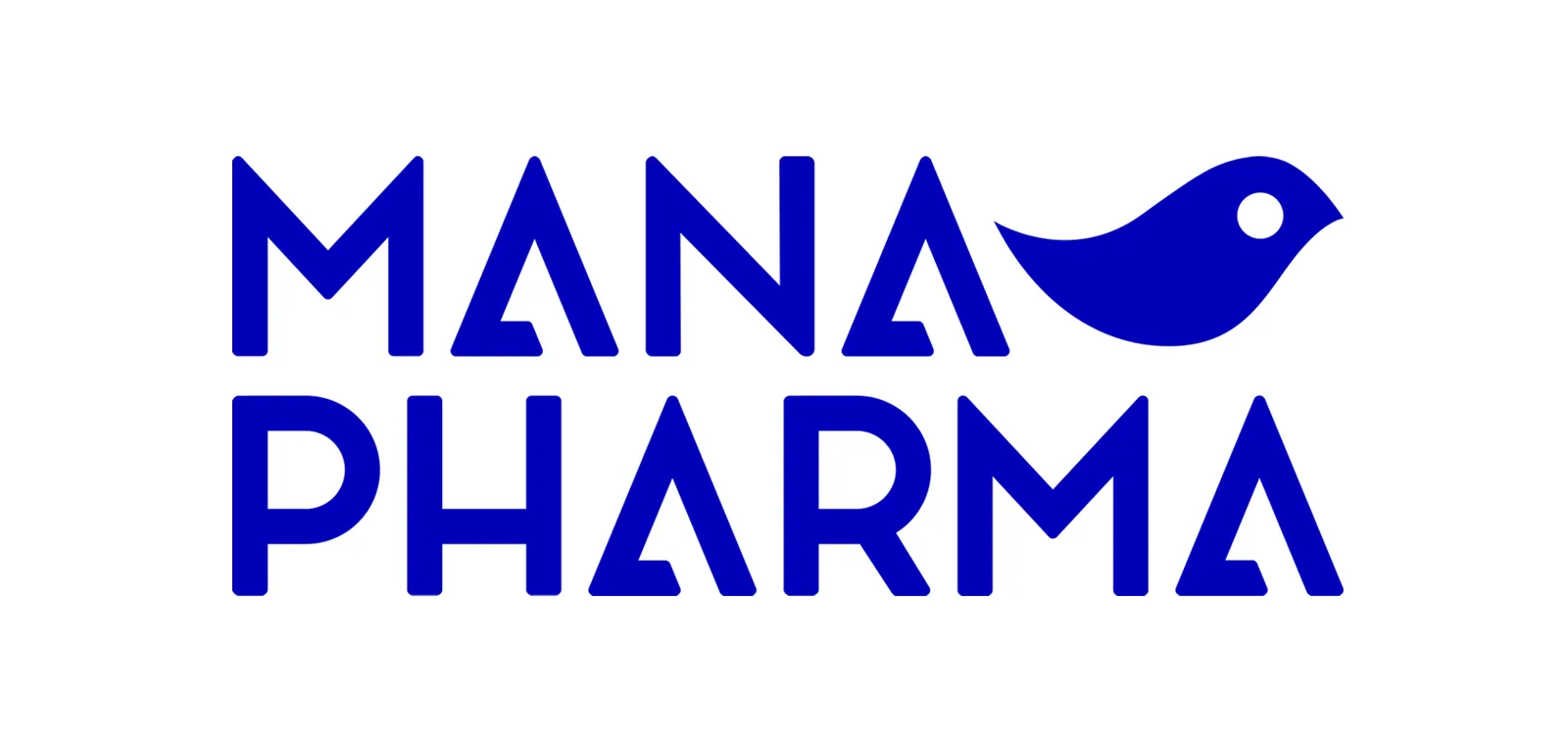One of the pillars of this new regulatory framework was the serialization of medications, a system that allows the authenticity of each package to be verified through a Unique Identifier (UI) and the inclusion of an Anti-Tampering Device (ATD). These verification mechanisms are essential for detecting counterfeit medications and ensuring traceability throughout the supply chain.
The entity responsible for coordinating the verification system at the European level is EMVO (European Medicines Verification Organisation), which operates through a common platform, the EMVS (European Medicines Verification System). This platform connects all member states, enabling uniform verification of medications across the European Union.
In Spain, the implementation of the system was led by SEVeM (Spanish Medicines Verification System), whose primary function is to ensure the traceability and verification of medications at the national level. As an integral part of the European system, SEVeM has played a fundamental role in strengthening the security of Spain’s healthcare system.

Although the implementation of this new serialization system has achieved significant progress, its rollout was a challenging process for the entire pharmaceutical industry. Local systems needed to adapt to European standards, creating considerable challenges. Some of the most significant were:
-
- Technological: During the first few months, problems related to interoperability arose, especially in the scanning of product codes.
-
- Personnel training: Intensive training was necessary for all personnel involved in the pharmaceutical supply chain, from laboratories to pharmacies, to ensure proper use of the new verification tools and compliance with European regulations.
-
- Economic impact: The initial investment in technological infrastructure, both locally and at the European level, was substantial.
However, not everything has been negative. The implementation of these mechanisms has been key to achieving system stability and enabling many long-needed advancements:
-
- Technological optimization: The EMVO Portal has undergone periodic updates, achieving optimization and ensuring traceability for the entire EU.
-
- Greater integration: Most supply chain agents are now connected to the Serialization System. Currently, in Spain, the following are connected to SEVeM:
-
- 213 Hospitals
-
- 42 Military Pharmacies
-
- 340 Pharmaceutical Wholesale Distribution Warehouses
-
- 22,220 Pharmacies
-
- 555 MAHs
-
- Greater integration: Most supply chain agents are now connected to the Serialization System. Currently, in Spain, the following are connected to SEVeM:
-
- Reduction in alerts: One of the most notable achievements has been the significant reduction in technical alerts. During the initial months of implementation, 20.34% of weekly serialization activity generated alerts. However, during the week of September 23-29, 2024, this percentage dropped to 0.036%, meeting the European Union’s goal of keeping alerts below 0.05% of all transactions.
After nearly five years of implementation and continuous improvement and optimization of the system at the national level, the stabilization of the verification system in Spain was achieved.
Since September 30, 2024, the Spanish Medicines and Health Products Agency (AEMPS) doesn’t permit the supply or dispensing of any medication that generates an alert in the system and whose suspicion of counterfeiting cannot be ruled out as stipulated in the Delegated Regulation (EU) 2016/161.The AEMPS also keeps instructions updated for pharmaceutical laboratories, distributors, and pharmacies on how to manage and report suspected counterfeits, thus ensuring patient protection.
To manage alerts more efficiently, in 2023, EMVO developed the European Alert Management System (EAMS), a system designed to enable organizations to quickly address alerts with lower operational costs. This system has evolved, with improvements in functionality such as user management, alert visualization, and bulk changes.
At the European level, the AMS (Alert Management System) portal is an integral part of the strategy to standardize alert management across all European countries. In Spain, SEVeM plans to connect to the European Alert Management System (EAMS) by January 2025. From that point onward, SEVeM will have achieved another milestone in stabilizing alerts in Spain, as laboratories connected to EAMS will no longer need to send alert analysis reports to SEVeM. Instead, they will be able to manage their alerts directly through EAMS.
Although the implementation of medication serialization in Spain has been a challenging process, the progress achieved to date is significant. The successful integration of the verification system, the reduction of alerts, and the overall stabilization of the system demonstrate the effectiveness of the measures adopted. As SEVeM and national systems continue to improve the functionality and interoperability of the system, the fight against counterfeit medications will be further strengthened, ensuring patient safety in Spain and throughout the European Union.
Spain’s experience within the European context underscores the importance of working within a unified network to combat a global problem.







